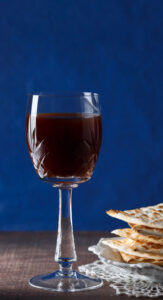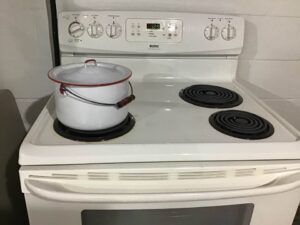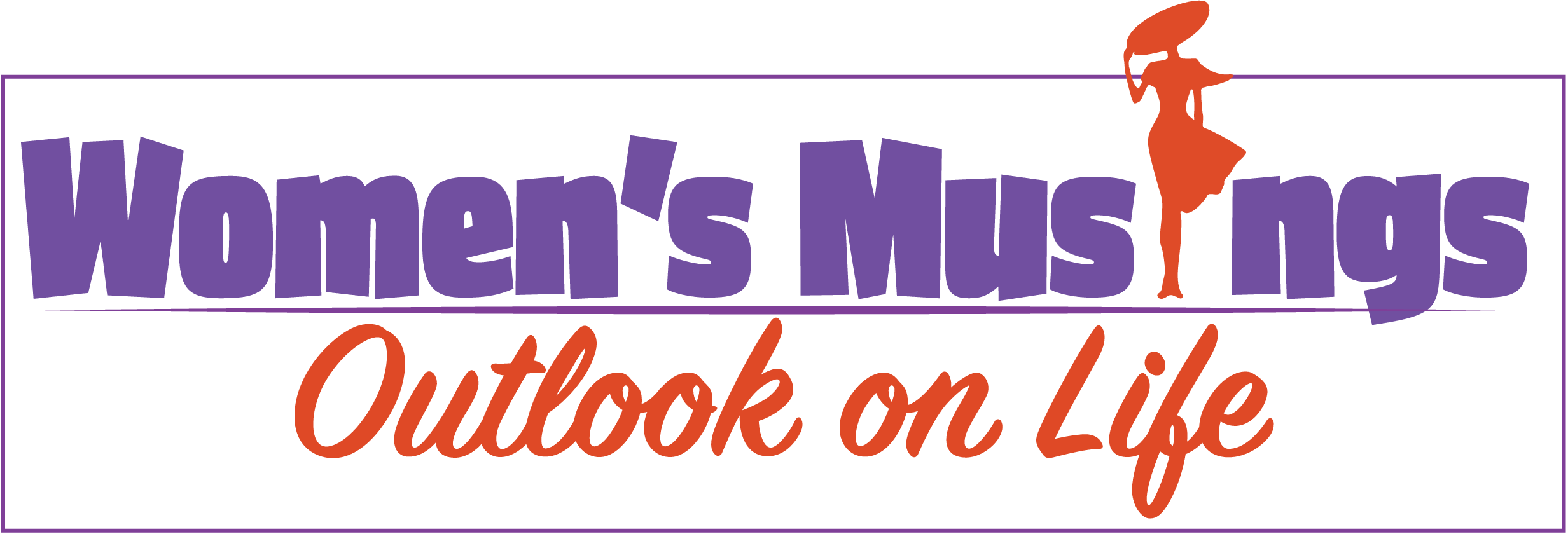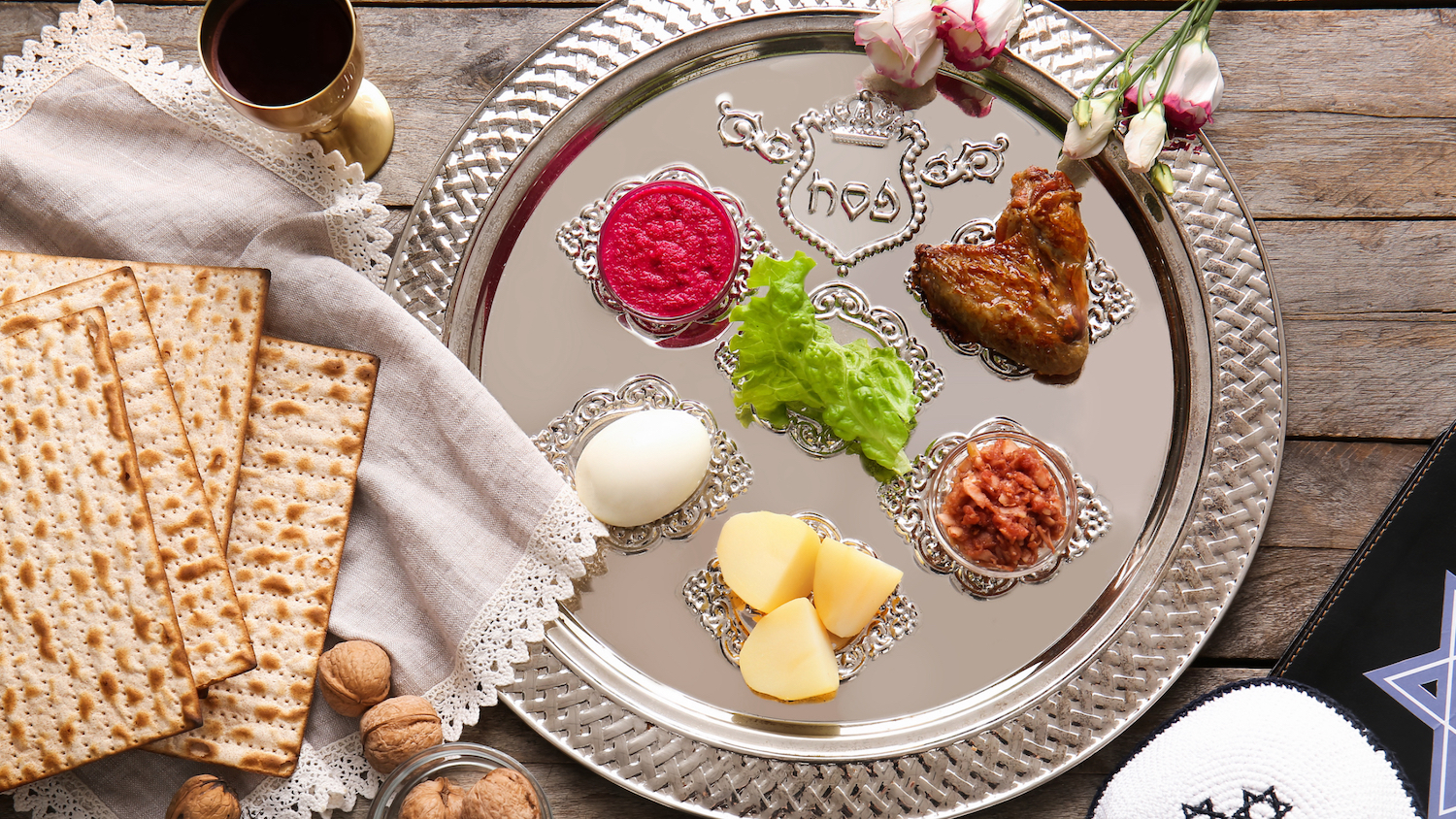Passover Memories
Our lives are filled with wonderful Passover memories. Here is a sampling. We hope you enjoy reading this group effort. Happy Passover!
The wine police
Aunt Bex was most famous in our family for giving graduated Chanukah gifts by age. The oldest great-nephew got $10, next child got $9, etc. Lucky for me I was third in line. Too bad my brother David was fifth. Aunt Bex was also the wine police and shusher (keeping everyone from talking) at Passover.
Aunt Bex was in charge of filling and refilling the wine glasses. We kids all chugged our wine, and Aunt Bex was so stingy with the refills. Adam, who was the youngest and about five at the time of this story, was passed out on the couch after the second cup. The rest of us were giggling. Gordy, who was the oldest, was always in the doghouse for something.

There were six of us grandchildren, and I’ll admit it, we were completely out of control. If your Seder was a solemn affair, I’m sorry. Ours was a giggle fest. I was the giggliest kid of all.
Aunt Bex would add about two teaspoons of wine to our glasses, and we would immediately drink it as soon as she wasn’t looking. Then we would ask for more wine. A tiny bit would be added to the glass with a look that said, “I’m watching you.”
We used to do this hand motion across our mouths every time it said, “As it is said…” in the Hagaddah because it was something they did on Laugh In. We were all big fans. And that phrase was used often in our Hagaddahs. We still do it, albeit more subtly, to this day. The younger generation has no idea what we are doing or why.
We used to laugh and say that Rabbi José was the Puerto Rican rabbi. And we said that Bnai Barak was a disco where Rabbi Gamliel and his friends would go to party. We were very disruptive. But when the kids nearly outnumber the adults, you’ll have that.
My grandfather, at the head of the table that was moved into the living room so it could be opened to its fullest size, was so serious and acted like he didn’t hear the giggles. With the TV on the whole time, my grandfather would sneak peeks at the baseball game while simultaneously yelling at us kids to be quiet.
My grandfather’s friend, Natie, was always in attendance. Natie would belt out the songs. He didn’t have an accent when he spoke, but pronounced the Hebrew words with a strange accent that would get us laughing all over again.
My daddy’s leg would “accidentally” hit the table when the door was open for Elijah. Sometimes he would sneak a sip out of Elijah’s cup to prove that he had actually shown up at our seder.
The best part was where the Hagaddah said, “The Festive Meal.” My grandmother put out an amazing spread, even if Passover food is my least favorite. The charoset was great. There was gefilte fish followed by chicken soup with matza balls and then a big brisket with potatoes. She made a wine cake and an angel food cake.
I can’t make my grandmother’s wine cake the way she did. I can’t get it fluffy like hers. That was always my favorite Passover dessert. My mom liked those jelly candies shaped like an orange wedge (barf). And my daddy liked anything sweet, but his favorite was Barton’s Almond Kisses that came in a black and pink tin.
When it came to the songs at the end of the Seder we were rowdy and probably drunk, but we sang our little hearts out. We cousins loved being together (and still do). However, it was chaos when we were all in one room. That being said, we never skipped a page in the Hagaddah. We did the whole thing right up to the fourth cup of wine.
Those are some of my best childhood family memories when we were all together and giving Aunt Bex a hard time. Now my cousin Gail and I are the old aunts. We’re pretty generous with the wine though.
Read more by Holli Friedland.
Searching for chometz
The night before Passover, Erev Pesach, when it was dark outside, was the time for bidekat chometz, the symbolic search for chometz, unleavened food. Dad placed bits of bread or cereal for us to find. Then, the search would begin. He’d turn off the lights, light a candle, then grab a small paper bag and a feather. Off we’d go, searching for chometz. This had to be done silently; we were not allowed to speak. Inevitably, there was much grunting and pointing, as my sisters and I looked for the obvious places where Dad could have hidden the chometz. Once all the crumbs were found, Dad recited the blessings, blew out the candle and disposed of the chometz.
My husband’s family has a similar but slightly different tradition, which we’ve adopted. We turn off the lights, and with the light of a candle (or flashlight), as a group we place pieces of chometz around the house. Then, we go back and “find” the pieces, putting them in the paper bag. In the morning, my husband takes the bag and burns it alongside the house. Our sons always got a kick out of watching the chometz burn.
Read more by Eileen Creeger.
Hiding the afikomen
As if one afikomen isn’t enough, imagine having two. That’s how my dad fooled his grandchildren. It worked once or twice. You see, he broke the matza while everyone was watching, and placed it in an easy-to-find location. Usually, it was under the tablecloth or someplace obvious. Eventually, it disappeared from the “hiding place.”
Then, the search was on. The grandkids, especially my nephew, caused quite a ruckus looking for it. Proudly they presented it to Grandpa at the end of the Seder meal. Ha! What they didn’t know is that Grandpa had safely hidden the real afikomen and created a fake one. That one was stashed in his jacket pocket, away from snooping children.
The looks on the kids’ faces when they learned they were deceived was priceless. But Grandpa was a good sport. All the kids got afikomen presents anyway.
Read more by Eileen Creeger.
Passover dishes
Unlike many of her friends, Mom did not have good china for Passover. The dairy dishes were green glass. Some were opaque and some not. It was a hodge-podge collection, as I recall.

The meat dishes were clear glass plates, shaped in the form of an apple. The sides were turned up; therefore, the plates never stacked well. The set came with bowls, too. We never used the plates at the Seder. There were too many of us and not enough plates. Mom was very content to use paper plates but always insisted, at least for many years, on using real silverware. Her cutlery was not fancy, either– stainless steel or silverplate.
I have her drinking glasses, eight of them. They are tall, plain glasses, perhaps 12 ounces. Each one, however, has a picture of a country or city. No two are alike. I feel close to her when they are unpacked and placed in my kitchen for Passover. My grandfather was a widower for many years. When he died, and Mom closed up his house, she brought home the enamel Passover pots and pans. Grandpa usually spent the holiday with us, so I doubt they were used after Grandma died in the early 1960s. I have many of them. It’s a special feeling to use something that belonged to her.
Read more by Eileen Creeger.
Wherefore is this night different?
Frustration? What’s that? Does anyone not suffer from this condition?
Wherefore is this night different from all other nights? Maybe in this time it is the one night we are free from frustration. We are happy to be free and survived and hopefully surrounded by people we love and who love us. And don’t forget the good food. I love the food we have taken thousands of years to develop. For many people. Passover is their favorite holiday. Maybe this is the reason.
Maybe it’s the night to say dayenu to all the craziness outside: the shootings, politics climate change, drugs etc.
Read more by Ada Mark Strausberg.
Some Pesach memories
I do not have any Pesach (Passover) memories prior to 1952 at the age of 12. Being a child survivor of the Holocaust, I spent the first seven years of my life hiding on the surface – posing as a Catholic with my mother. I did not know I was Jewish until the age of seven.
For reasons I do not know the first Pesach memories I have is our Seder in 1952 in Frankfurt, Germany. I remember this one as if it is happening today:
The table is set with Mother’s best linen, china and crystal in our living room to accommodate all our guests — all Polish Holocaust survivors. Father sits at the head of that table leading all assembled in the ritual reciting of the Haggadah—the story of the liberation of the Hebrew slaves from Egyptian bondage. He recites whole passages in Hebrew without even glancing at the text, remembering it all. Father sings the traditional tunes to his heart’s and his guests’ delight. He also intersperses it all with stories from the “old days,” from the days before 1939, from the days before the war, from a world that has disappeared—the world of Polish Jewry. Meanwhile, Mother is hurrying back and forth bringing in tureens and platters from the kitchen.
Some other Pesach memories I have stem from 1960 through 1963, while still in Frankfurt. I was now the Jewish Chaplain’s wife of Captain Howard Graber, US Army. My duties were focused on our personal Pesach preparations. We received matzos, wine, frozen chicken, Haggadahs and yarmulkas from the Jewish Welfare Board (JWB). But we had to supplement our own Pesach needs from the only kosher butcher/grocer in the city whose inventories were quite meager.
My husband had the task to arrange for the Seders for the Jewish enlisted personnel, officers, State Department personnel and their families. Some Holocaust survivors also took advantage of celebrating with us. We had approximately 500 guests each night.
His preparations started right after Chanukah. This included ordering all necessary food items from the JWB. In addition, arrangements had to be made with the local mess hall personnel, koshering the kitchen equipment and utensils and making sure the cooks used only kosher ingredients. I hardly saw him during those months.
Senior Army personnel like the Chief Chaplain and General had to be “invited” and asked to “say a few words.” Howard had to prepare their speeches too. He also conducted the first and second night Seders unless we were lucky to have a Cantor visiting.
Back in the US, we were stationed in Ford Bragg, NC. There was no need for a community Seder, as military personnel were given leave to go home for the festival. It was for the first time that we had our own Seders. All necessary provisions except the items we received from the JWB had to be shipped by bus from Washington DC.
We left the Army in 1965, and Howard took a position as the Rabbi of Elwood City, PA. This was and still is a very small town. Everything had to be imported from Pittsburgh, about an hour’s drive away. We were now able to celebrate with family members from New York.
Facilities became even better when we moved to St. Louis, MO, where a New York company set up a special Pesach section in one of the Jewish-owned groceries stores for a few years. Later, one of the kosher butchers expanded and carried everything we needed.
After I retired, I also decided to retire from Pesach making. We celebrated as guests with our married children for many years.
Now we live in Baltimore where kosher supplies are more than adequate. However, due to health conditions, we are not able to join family this year, so we will celebrate Pesach “a deux” – the two of us. This will add to another Pesach memory.
Read more by Felicia Graber.
The sad Passover holiday
As Passover approaches, I am reminded of this sad holiday for me. Dad was taken from us suddenly and unexpectedly 23 years ago at Passover.
Although Dad had heart disease, his weight was okay and he never had diabetes. He did have open heart surgery some years prior to his death. Reports from his doctor’s check-up were always good.
His burial was the morning of the first Passover Seder. Everyone left my parents’ house by 3 p.m. to get ready for the holiday.
Mom spoke to her rabbi insisting she didn’t want to have a Seder. He advised her and us that we must have a Seder, as it is always the right thing to do during Passover.
Of course, there was no food prepared at all because the day Dad died would have been our “cooking day.
My husband, Bruce and our sister-in-law, Elly, went to the store and bought Passover rolls made out of matza meal, tuna and egg salad and whatever else was needed. Of course, we already had matza in the house.
I think of my dad throughout the entire year, but I think of him more during our Passover holiday. I’m sure he knows I will always love him!
Read more by Marlene Wolff Solomon.

